Comprehensive Guide to Veterinary Reproductive Services
Reproductive Health in Pets and Livestock
At Mid-Valley Veterinary in Orland, CA, we recognize that reproductive health is critical for both pets and livestock. Our advanced veterinary reproductive services help breeders, farmers, and pet owners achieve successful pregnancies, manage breeding programs efficiently, and address hormonal or congenital reproductive disorders.
Reproductive care goes beyond breeding—it includes early pregnancy detection, fertility management, and addressing reproductive complications. Regular check-ups and timely intervention help prevent long-term health issues that can affect an animal’s quality of life and productivity.
Reproductive Services Offered
Our clinic provides a full range of reproductive services tailored to companion animals and livestock. These include:
- Ultrasound pregnancy diagnosis
- Fetal sexing via ultrasound
- Artificial insemination (AI)
- Embryo transfer and advanced breeding techniques
These services improve breeding efficiency, genetic selection, and overall herd or litter quality. Explore our companion animal reproductive services.
Pregnancy Diagnosis in Animals
Early pregnancy detection is crucial for effective reproductive management.
- Ultrasound pregnancy diagnosis provides a non-invasive and highly accurate method for confirming pregnancy.
- Early detection helps identify multiple fetuses, potential complications, or pregnancy loss risks.
For more information on pregnancy determination in livestock, visit Merck Veterinary Manual’s pregnancy diagnosis guide.
Preparing Your Pet for an Ultrasound
To ensure the most accurate imaging results:
- Fasting: Pets should fast for 12 hours before the procedure to improve image clarity.
- Hydration: Encourage drinking water to ensure a full bladder, which enhances ultrasound visibility.
- Calm Environment: Keep your pet relaxed before the appointment to reduce stress.
Ultrasound Fetal Sexing in Breeding Programs
Fetal sex determination allows breeders and livestock producers to strategically plan for herd management.
- Determining the sex of future offspring assists in breeding program decisions.
- Helps in contract breeding agreements that specify the desired sex of offspring.
- Supports better resource allocation and herd growth planning.
Fetal sexing is particularly valuable for cattle producers, as it influences herd expansion strategies. Learn more about embryo transfer techniques for livestock to maximize genetic gains.
Advancements in Artificial Insemination (AI)
Artificial insemination is an efficient and safe breeding technique that improves genetic diversity and reproductive success.
- Laparoscopic AI for small ruminants provides higher conception rates.
- Timed hormone treatments synchronize estrus cycles for better breeding efficiency.
- AI reduces the risk of disease transmission, as it eliminates direct contact between animals.
Embryo Transfer: Enhancing Genetic Potential
Embryo transfer (ET) is a cutting-edge reproductive technology that allows superior genetics to be passed on more efficiently.
- Multiple offspring from high-quality females can be produced in a single season.
- Both conventional and IVF-derived embryos are available, depending on breeding goals.
- Fresh vs. frozen embryo transfer options provide flexibility in scheduling and logistics.
This technique is particularly beneficial in cattle breeding, improving traits such as milk production, disease resistance, and overall herd quality. Learn more about embryo transfer applications in livestock.
The Impact of Veterinary Reproductive Services on Breeding Success
Using advanced reproductive technologies leads to higher conception rates, better herd health, and improved offspring quality.
- Early pregnancy detection prevents costly reproductive failures.
- Fetal sexing allows breeders to plan future generations strategically.
- AI and embryo transfer increase genetic selection options.
Producers who invest in modern reproductive services often see significant financial and genetic improvements in their breeding programs.
If you’re preparing for calving season, this guide on preparing for calving offers additional insights.
Animal Welfare and Herd Health Considerations
While reproductive efficiency is essential, ensuring animal welfare and proper herd health management is equally important.
- Nutritional support during pregnancy helps prevent complications.
- Monitoring herd health through routine veterinary exams reduces disease risks.
- Ethical breeding practices ensure better long-term outcomes for both livestock and pets.
For additional livestock health resources, visit Animal Welfare and Herd Health by the University of Wisconsin-Madison Extension.
How to Prepare for a Reproductive Consultation
Before bringing your pet or livestock in for reproductive services, ensure:
- All vaccinations and deworming are up to date.
- Medical and breeding history records are available.
- Estrus cycles are tracked for optimal timing of AI or embryo transfer.
At Mid-Valley Veterinary, we take a personalized approach to reproductive care, ensuring the best outcomes for your animals. Meet our experienced veterinary team.
Enhancing Your Breeding Program with Expert Veterinary Care
At Mid-Valley Veterinary, we are committed to advancing breeding programs through state-of-the-art reproductive services. Whether you are a pet owner, breeder, or livestock producer, we offer:
- Expert guidance on reproductive health
- Customized breeding strategies
- The latest techniques in AI, embryo transfer, and pregnancy diagnostics
We work closely with you to ensure the success of your breeding program while prioritizing animal health and welfare.
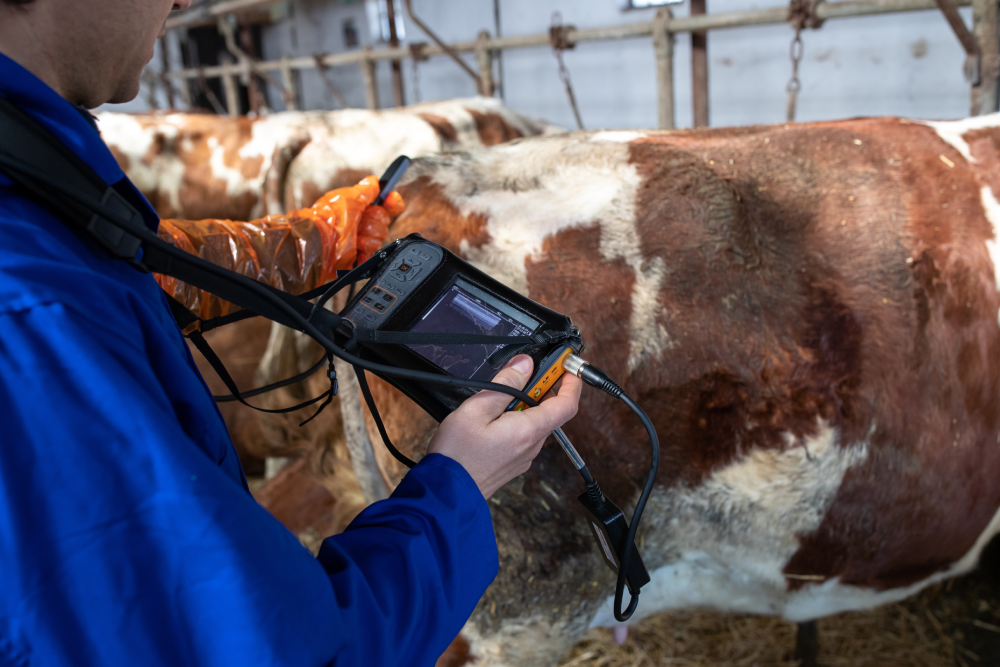
Schedule Your Reproductive Consultation
Are you ready to improve your breeding success? Our veterinary team is here to help you navigate pregnancy diagnosis, artificial insemination, embryo transfer, and more.
Need reproductive services? Contact us today.
By investing in expert veterinary reproductive care, you are taking a proactive step toward ensuring healthier, stronger, and more successful breeding outcomes.
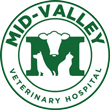

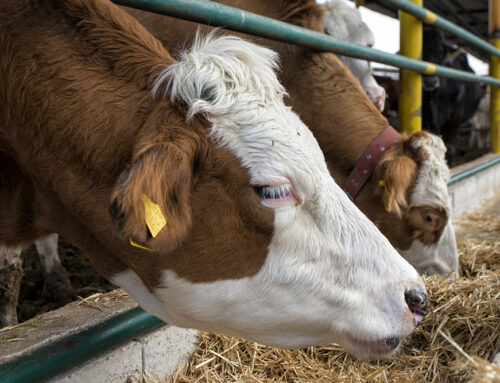

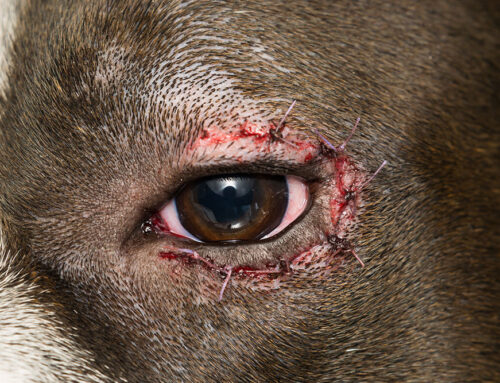
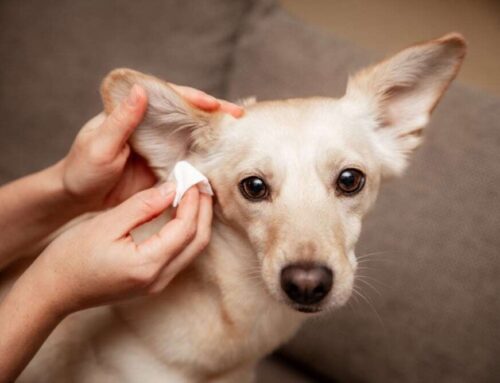

Leave A Comment